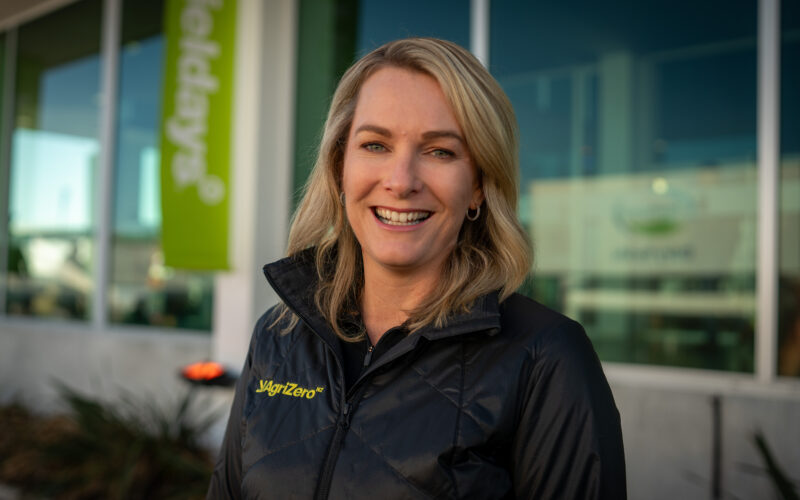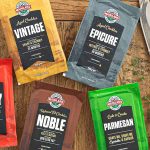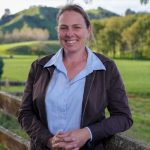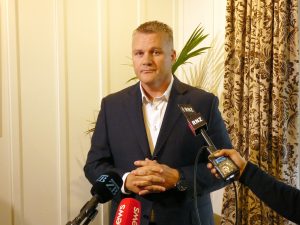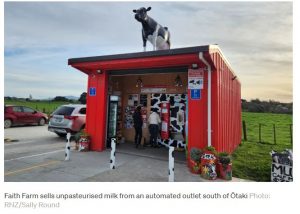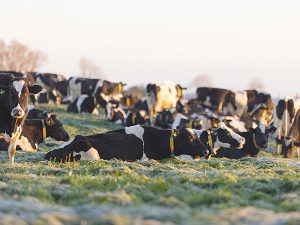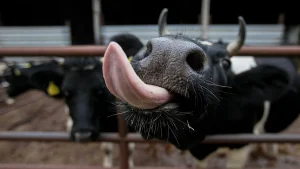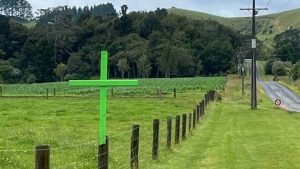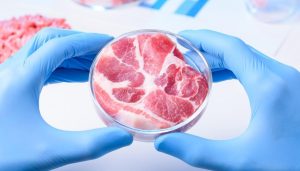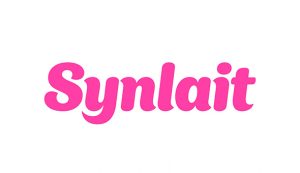
New Zealand farming’s methane story is a fantastic one and the world is watching our efforts to solve the problem of reducing emissions from pasture-raised livestock, AgriZero NZ’s Ruth Leary says.
Leary, who is head of strategy and engagement at AgriZero, has just returned from two major international agritech conferences in San Francisco.
She told the Farmers Weekly In Focus podcast that the trip was informative and rewarding.
“It’s actually very good for your ego to be a New Zealander travelling to an international conference about agriculture, because the perception of what we do is deservedly very positive,” she said.
“Now, our farmers are already really low emissions, sustainable producers of food and we export most of that. There’s quite a lot of interest in New Zealand being potentially a great test bed for some of these new innovations.”
Leary said 80% of global methane emissions come from livestock so everyone is trying to innovate to reduce that, and NZ’s research into extensive grazing systems could eventually be rolled out in other countries that have similar systems.
Importantly for AgriZero, that interest could turn into investment.
“If you think of a philanthropic organisation, for example, which wants to make a real impact, they can see that what we’re working on may be very beneficial for some of the lesser-developed nations that they’re really focused on.
“The animals in those systems, proportionally, produce quite a bit of methane compared to their productivity. So if they can improve productivity that will help, but also if they can find something working for a low-input system, it’ll help even more and make a bigger impact.”
But she warned that much of the research globally is focused on intensive, indoor farm systems that have the ability to reduce their emissions more quickly.
“You’ve got animals that are effectively housed, and you’re feeding them a mixed ration every day, precisely measured. It’s easy to apply things like a feed additive in there.
“You can also have these big effluent treatment anaerobic digesters there, reducing the emissions from the effluent. And they’re certainly catching New Zealand, you know, there’s some parts of California that right at the level we are now and they’ve got more to do as well.”
But the overall impression she got from the international research community was that NZ can be very proud of its record and standing in this area.
“We are leading the world. We’re right at the top of the chain there on sustainable farming.
“We also have a really outsized impact because we export everything. So because of that, we’re impacting those Scope 3 emissions of global customers. We are doing a good job but we can, and we must, do more.
“It’s about protecting our right to sell our premium agricultural products on the global stage and to the good markets as well. If we can’t support the demands from some of those big, key global customers who buy a huge amount from New Zealand, then we’re forced to choose less-secure regions of the world or customers to develop supply contracts with. And that’s not the ideal situation.”
You can now read the most important #news on #eDairyNews #Whatsapp channels!!!
🇺🇸 eDairy News INGLÊS: https://whatsapp.com/channel/0029VaKsjzGDTkJyIN6hcP1K
